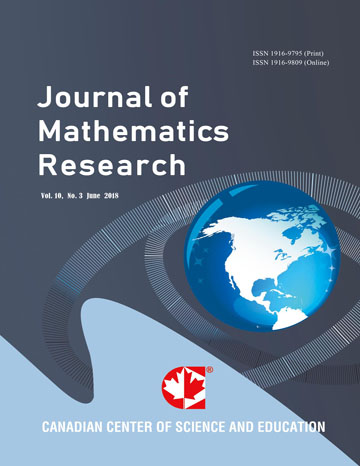Subjective Probability and Geometry: Three Metric Theorems Concerning Random Quantities
- Pierpaolo Angelini
- Angela De Sanctis
Abstract
Affine properties are more general than metric ones because they are independent of the choice of a coordinate system. Nevertheless, a metric, that is to say, a scalar product which takes each pair of vectors and returns a real number, is meaningful when $n$ vectors, which are all unit vectors and orthogonal to each other, constitute a basis for the $n$-dimensional vector space $\mathcal{A}$. In such a space $n$ events $E_i$, $i = 1, \ldots, n$, whose Cartesian coordinates turn out to be $x^i$, are represented in a linear form. A metric is also meaningful when we transfer on a straight line the $n$-dimensional structure of $\mathcal{A}$ into which the constituents of the partition determined by $E_1, \ldots, E_n$ are visualized. The dot product of two vectors of the $n$-dimensional real space $\mathbb{R}^n$ is invariant: of these two vectors the former represents the possible values for a given random quantity, while the latter represents the corresponding probabilities which are assigned to them in a subjective fashion.We deduce these original results, which are the foundation of our next and extensive study concerning the formulation of a geometric, well-organized and original theory of random quantities, from pioneering works which deal with a specific geometric interpretation of probability concept, unlike the most part of the current ones which are pleased to keep the real and deep meaning of probability notion a secret because they consider a success to give a uniquely determined answer to a problem even when it is indeterminate.
Therefore, we believe that it is inevitable that our references limit themselves to these pioneering works.
- Full Text:
 PDF
PDF
- DOI:10.5539/jmr.v10n3p7
Index
- ACNP
- Aerospace Database
- BASE (Bielefeld Academic Search Engine)
- Civil Engineering Abstracts
- CNKI Scholar
- DTU Library
- EconPapers
- Elektronische Zeitschriftenbibliothek (EZB)
- EuroPub Database
- Google Scholar
- Harvard Library
- IDEAS
- Infotrieve
- JournalTOCs
- MathGuide
- MathSciNet
- Open policy finder
- RePEc
- ResearchGate
- Scilit
- Technische Informationsbibliothek (TIB)
- The Keepers Registry
- UCR Library
- Universe Digital Library
- WorldCat
Contact
- Sophia WangEditorial Assistant
- jmr@ccsenet.org
